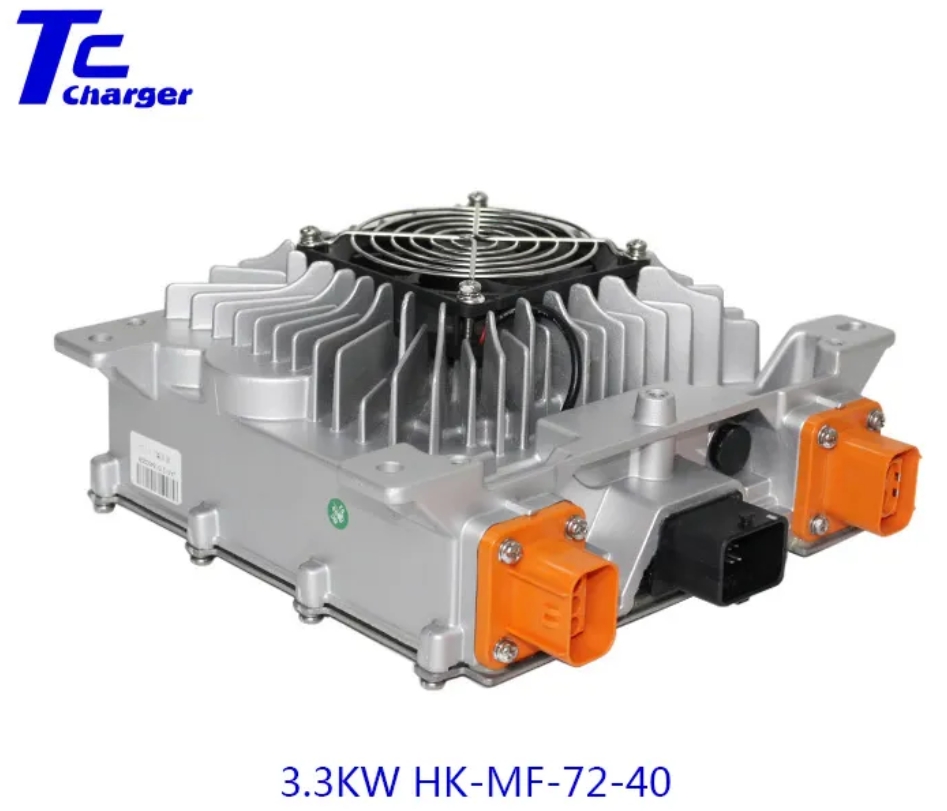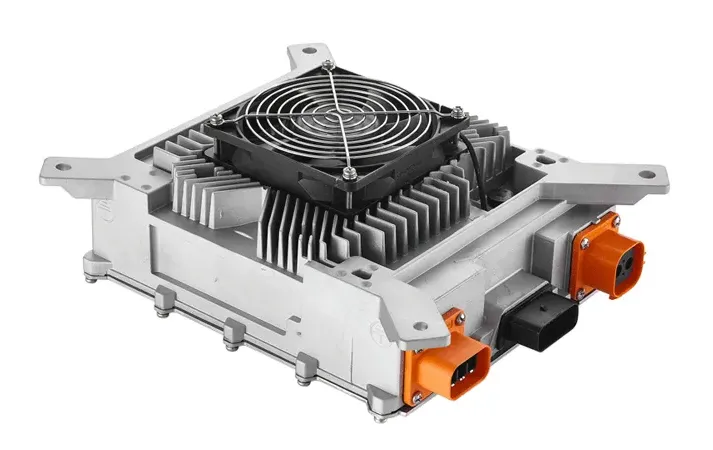Powering the Future: New Battery Technologies in Electric Vehicles
Sep 20,2023 | TCcharger

Electric vehicles (EVs) are transforming the automotive industry by offering sustainable and efficient transportation solutions. At the core of this transformation is battery technology. In recent years, significant advancements in battery technology have accelerated the growth and adoption of EVs. In this blog post, we will explore some of the new and emerging battery technologies that are shaping the future of electric mobility.
-
Lithium-Ion Batteries: The Standard-Bearer
Lithium-ion (Li-ion) batteries have been the standard in EVs for several years. They offer a favorable combination of energy density, power output, and cycle life. However, researchers and manufacturers are continually working to enhance the performance of Li-ion batteries.
-
Solid-State Batteries: A Game-Changer
Solid-state batteries are one of the most promising advancements in EV battery technology. Unlike traditional Li-ion batteries, solid-state batteries use a solid electrolyte instead of a liquid one. This design offers several advantages, including:
- Higher energy density: Solid-state batteries can store more energy in the same space, increasing the driving range of EVs.
- Faster charging: They can withstand rapid charging without the risk of overheating, reducing charging times significantly.
- Longer lifespan: Solid-state batteries have the potential to outlast Li-ion batteries, reducing the need for replacements.
Companies like Toyota, BMW, and QuantumScape are actively developing solid-state battery technology.
-
Lithium-Sulfur Batteries: Lighter and More Efficient
Lithium-sulfur (Li-S) batteries are another promising technology. They have the potential to be much lighter than Li-ion batteries, making EVs more energy-efficient. Li-S batteries also have a higher theoretical energy density, which could translate into longer driving ranges.
-
Graphene Batteries: A Material Revolution
Graphene, a one-atom-thick sheet of carbon, has garnered attention for its potential in battery technology. When incorporated into batteries, graphene can enhance their performance in terms of energy storage capacity, charge rate, and cycle life. Researchers are exploring graphene-enhanced batteries for their potential in EVs.
-
Silicon-Anode Batteries: Boosting Energy Density
Silicon-anode batteries are gaining traction as they have the potential to significantly increase energy density. Silicon can store more lithium ions than traditional graphite anodes, which can lead to higher-capacity batteries. However, challenges related to silicon's expansion during charging must be overcome for widespread adoption.
-
Aluminum-Ion Batteries: An Alternative Approach
Aluminum-ion batteries are an emerging technology that could provide an alternative to traditional lithium-ion batteries. They are lightweight and cost-effective, making them a promising choice for EVs. Research in this area is ongoing.
-
Recycling and Sustainability
As EV adoption grows, there is increasing emphasis on battery recycling and sustainability. Many automakers and battery manufacturers are investing in recycling technologies to recover valuable materials from old batteries, reducing the environmental impact of EVs.
Conclusion
The landscape of electric vehicle battery technology is evolving at a rapid pace. These advancements promise longer ranges, shorter charging times, and increased sustainability. As a result, the future of electric mobility looks brighter than ever. With ongoing research and development, we can expect to see even more innovative battery technologies that will continue to revolutionize the automotive industry and drive us towards a more sustainable and electrified future.



